Mainstream British politics, if the Conservative leadership race is anything to go by, takes place increasingly in some alternate reality that bears less and less resemblance to the country the rest of us know.
From Liz Truss and Rishi Sunak, there’s next to nothing to be heard in the way of fresh ideas as to how we might collectively tackle the mounting difficulties and crises confronting both the UK and the wider world.
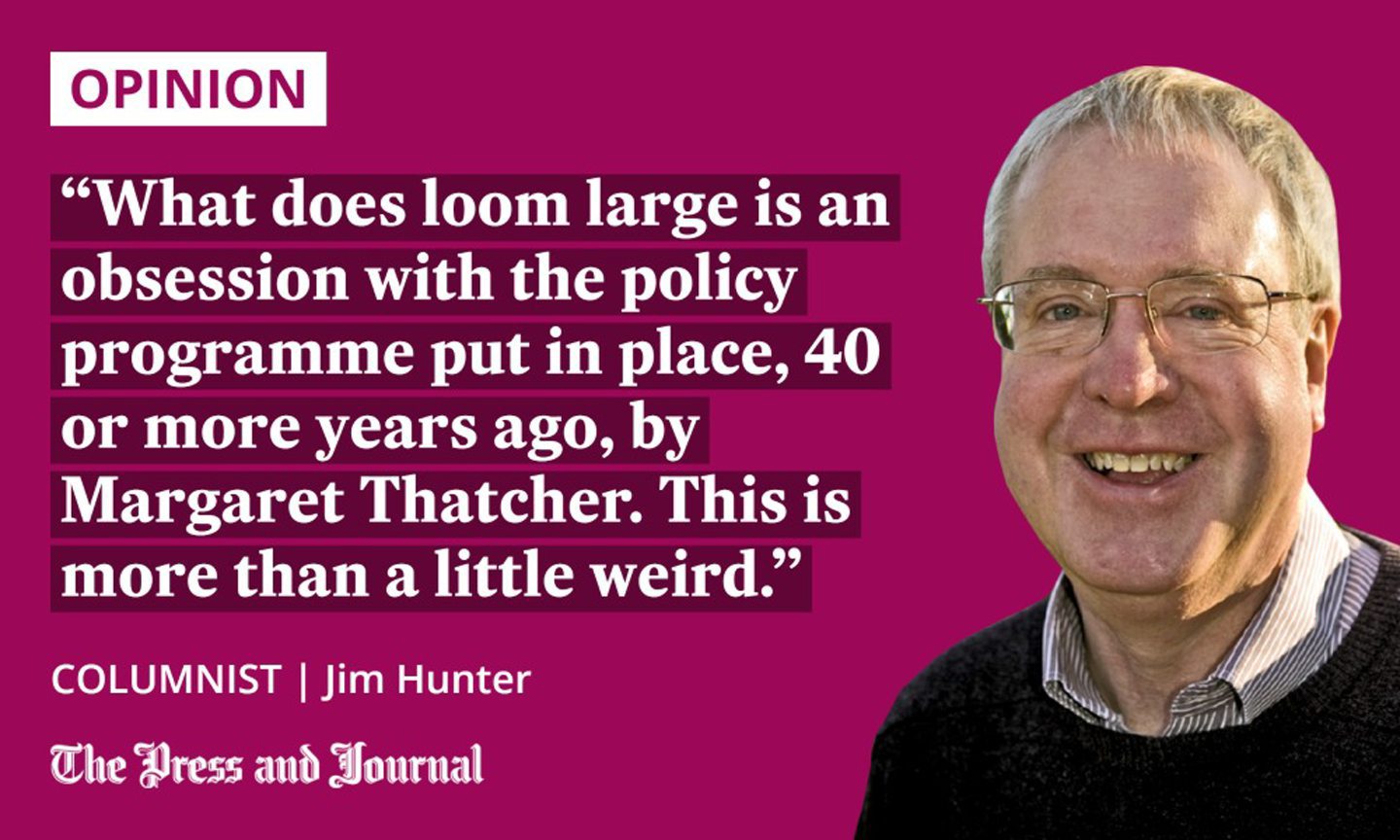
Despite the devastating impact unchecked climate change will have within the lifetimes of today’s children and young people, it merits scarcely a mention. For all that more and more families are being pushed into poverty, the soaring cost of living fares no better.
What does loom large is an obsession with the policy programme put in place, 40 or more years ago, by then Tory prime minister, Margaret Thatcher.
This is more than a little weird.
The 2020s, after all, are not the 1980s. The world, not least Britain, has moved on in the interim. And to attempt to apply Mrs Thatcher’s agenda, whatever one thinks of it, in today’s very different circumstances, is indicative of Mr Sunak’s and Ms Truss’s reluctance to engage seriously with current realities.
Truss’s plan is not Thatcherite
Making matters worse is the fact that both the Truss and Sunak portrayals of the Thatcher years are seriously adrift from historical reality. This is most obviously the case in relation to repeated claims that Mrs Thatcher’s supposed triumphs on the economic front were a result of her having cut taxes. She didn’t.
Between 1979, when Margaret Thatcher came to power, and 1990, when – following her rejection by her own MPs – she bid a tearful farewell to 10 Downing Street, the overall tax take, as a proportion of the UK’s gross domestic product (GDP), actually rose slightly. In 1979, government receipts totalled 30.4% of GDP. In 1990, the corresponding figure stood at 30.9%.
Mrs Thatcher, it’s true, slashed income tax rates. Between 1979 and 1990, the basic rate of income tax was reduced from 33% to 25%, and the top rate from 83% to 40%.
But these cuts were accompanied by swingeing increases elsewhere. Fuel duty and National Insurance contributions went up. And so, most strikingly, did VAT – the VAT rate nearly doubling from 8% to 15%.
This helped ensure that the nation’s books were kept in balance. This was something of a Thatcher obsession. And it’s one that makes it improbable that Margaret Thatcher would have countenanced Liz Truss’s apparent intention to finance her projected tax cuts through borrowing. Lots of adjectives might be applied to such a plan, but Thatcherite isn’t one of them.
The rich got richer and the poor got poorer
What was brought about by 1980s tax policy was a big shift in the tax burden from the comparatively affluent to the less well off.
Disposals or privatisations of the council house sort were described at the time by a former Tory prime minister, Harold Macmillan as ‘selling the family silver’
This may or may not have boosted enterprise, as is claimed by Conservatives. But one very definite result was to set the country on a continuing course to greater inequality.
The rich, in other words, became richer, while the poor, hit disproportionately hard by indirect taxes like VAT, lost out.
They lost out further as a result of another keystone Thatcher policy – the massively discounted sale of council houses to their occupants.
This sell-off was welcomed by its beneficiaries. But, one of the policy’s long-run impacts has been to push Britain into a still-worsening shortage of social housing – as many as four in 10 former council houses are now owned by private landlords who let them, at high rents, to people who’d dearly love to have a council house but have no chance of getting one.
Disposals or privatisations of the council house sort were described at the time by a former Tory prime minister, Harold Macmillan – a man who, back in the 1950s, had presided over the biggest ever expansion of social housing – as “selling the family silver”.
Next PM will not have Thatcher’s advantages
Helping greatly to finance such sales, as well as the unemployment benefit outlays resulting from the 1980s closure of coal mines and manufacturing industries, was North Sea oil. At some points in the Thatcher years, UK Treasury receipts from the offshore oil bonanza were so high that, from this source alone, the government could have funded – every day – the construction of a new hospital.
Nothing of this sort was done. Nor was the chance taken to create a sovereign wealth fund on the Norwegian model. Instead, the North Sea windfall, as former Thatcher minister Michael Heseltine has acknowledged, was “squandered” or frittered away on helping to cover day-to-day Treasury expenditure.
North Sea oil revenues, then, had the effect of making the Thatcher record look a lot better than it would have done in their absence. Neither Liz Truss nor Rishi Sunak, in attempting to re-enact what Margaret Thatcher was about, will have anything like that advantage.
Jim Hunter is a historian, award-winning author and Emeritus Professor of History at the University of the Highlands and Islands
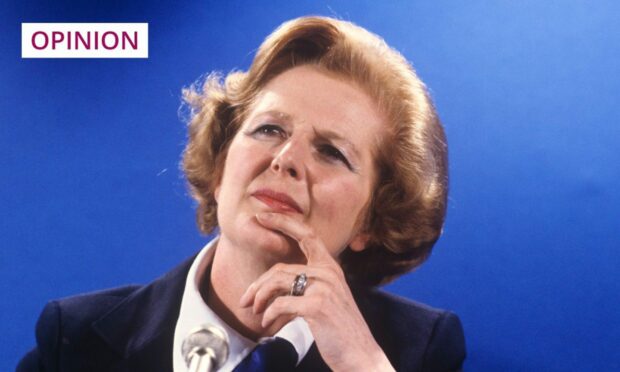
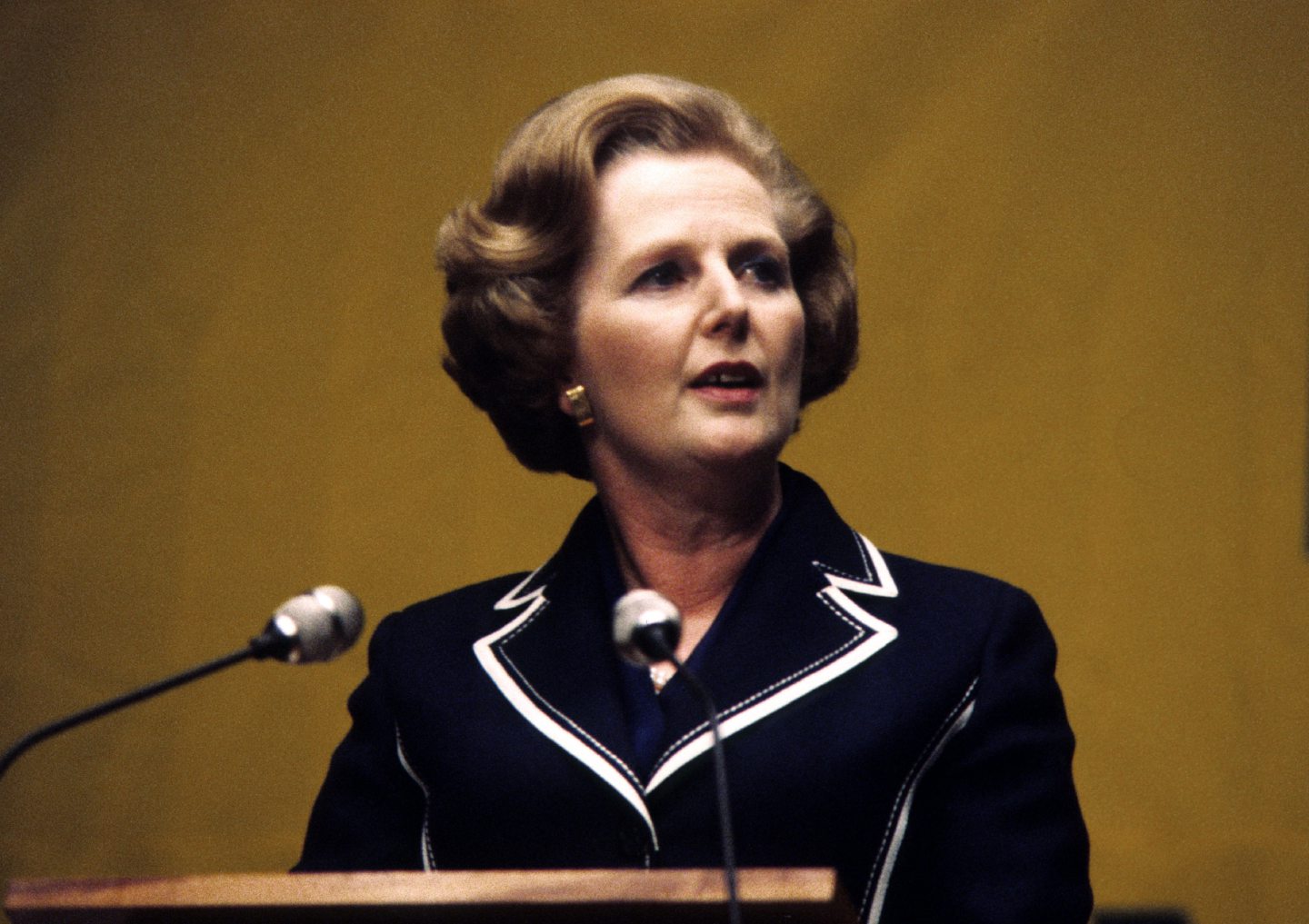

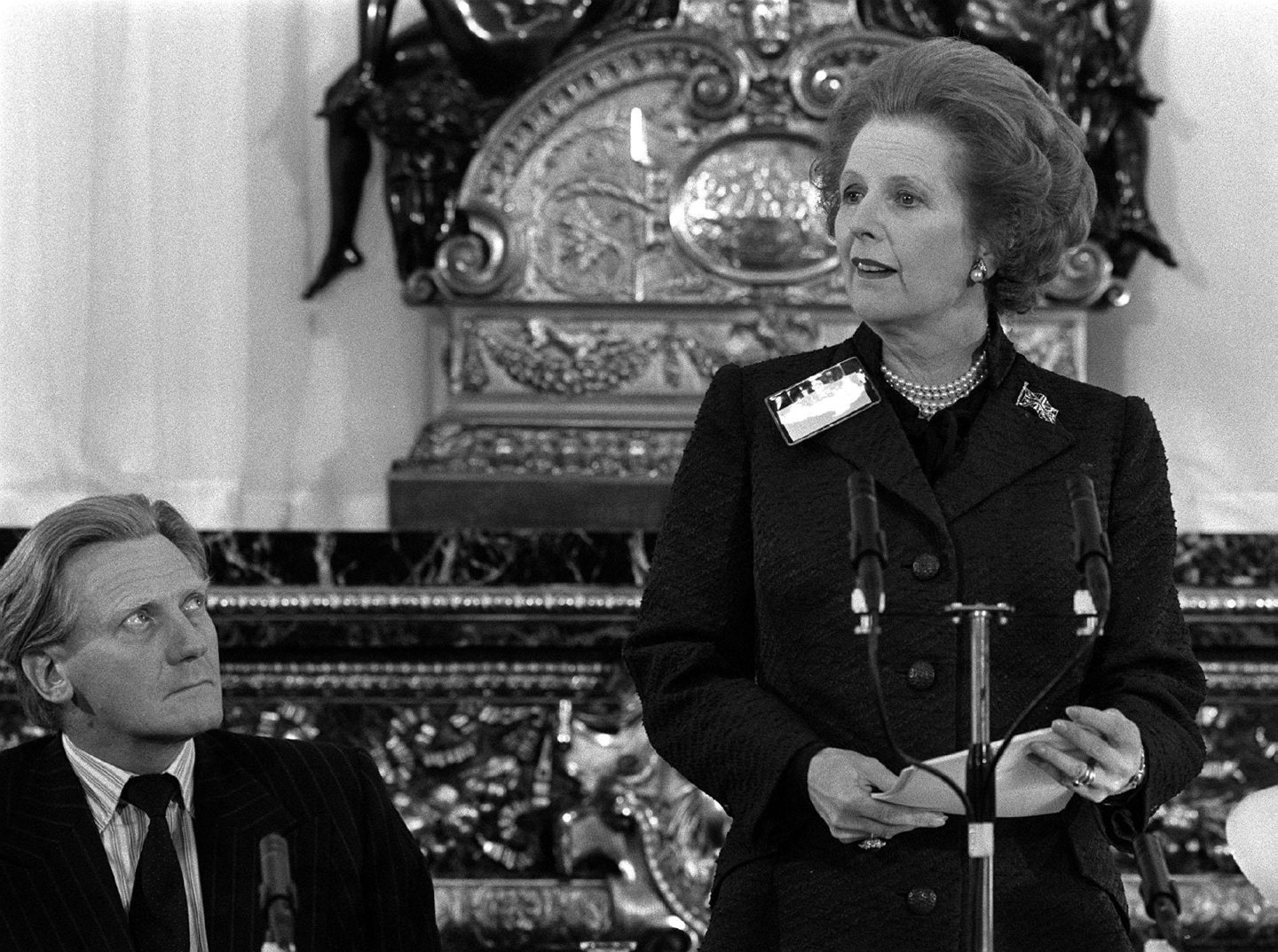
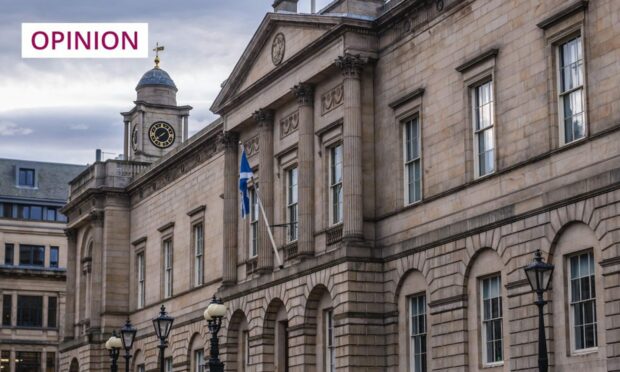
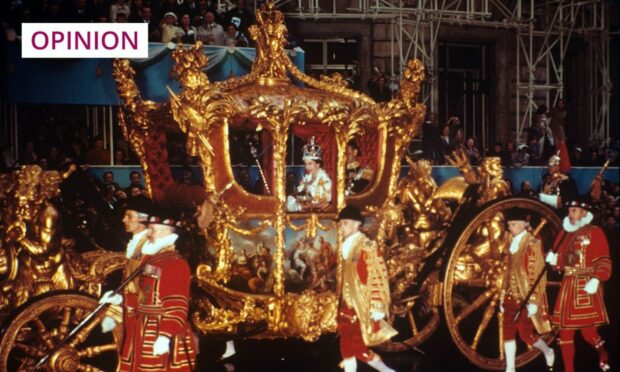
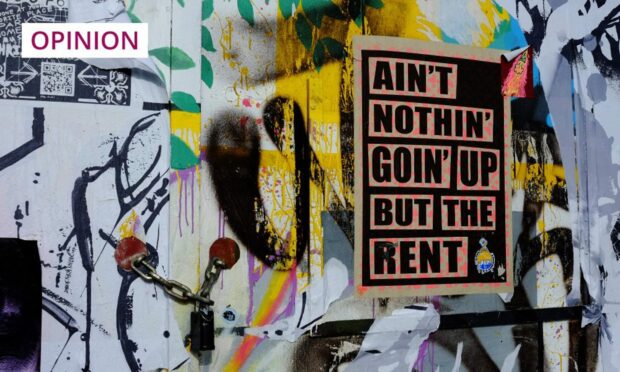
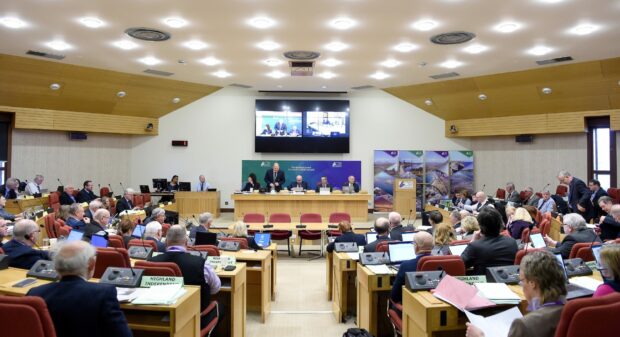
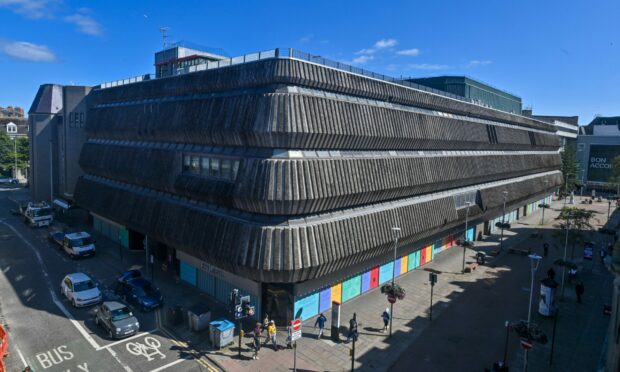
Conversation